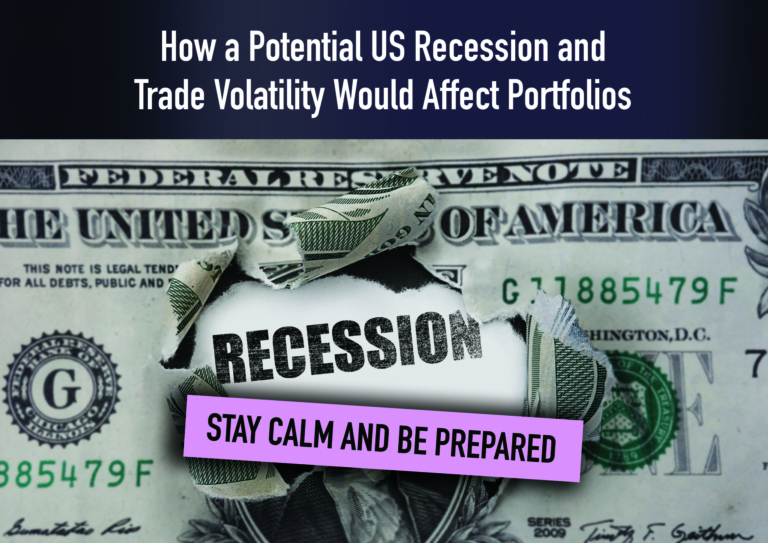Retirement is something most of us look forward to in later life. Cruises somewhere sunny, visiting theatres, spending time with grandchildren. But this freedom and fun isn’t for free! It takes careful financial planning as the state pension is simply not enough.
The current UK State Pension of £185.15 per week [1], which works out to be around £9,627 per annum and does not cover everyday essentials – much less any luxuries. With the average UK salary at £33,000 [2] for full-time employees according to the Office of National Statistics, having less than 30% of your annual salary available to fund your lifestyle later down the line puts those solely relying on the State Pension at massive risk of ‘pension poverty’.
Change is coming
The result is that 1 in 5 pensioners in the UK [3] are facing this reality. Government plans to increase the pension age to 67 years old by 2028 and potentially even further in the mid-2030’s [4] means we could be looking at nearing 70 years old before many of us are able to retire from work.
The situation is certainly better for those who opt for saving via an ISA (Individual Savings Account) or in private pensions, for example a SIPP (Self Invested Personal Pension). But there are changes coming for SIPPs too. Although you can access your SIPP account from 55 years old at present, the government have also announced that this will increase to 57 years old by 2028, so if you were planning on retiring at 55 years old – this is bad news.
You can access your private pension pot before that time – but be prepared to incur heavy tax charges as high as 55%! These changes, both for state pension and private pension, ultimately mean that if you want to stick to your original plan of retiring at 55 years old, you would have to find other ways to fund this.
Doing the math
If you are in a position to save in a SIPP and the access age is increased to 57 years but you still want to retire at 55 years old, that’s two years of income you’re going to have to have stashed away and budget for the tax on top. The annual amount for a comfortable retirement is estimated a £37,300 [5], so you may need a minimum of £74,600 to fund early access, plus the heavy tax rate.
You wouldn’t be wrong in thinking that these changes are putting people off saving and have a knock-on effect when it comes to financial planning and mortgage payments.
People are having to juggle the pro’s and con’s of enjoying an earlier retirement as, if they do start dipping into their private pension pot at the access age, any money they want to continue saving tax-free into their pot has a set annual allowance of not £40,000 – but a massively reduced £4,000! This is what is preventing so many people from going back to work – even though the Chancellor is keen to encourage them back to work to ‘boost the economy’. This is a huge disincentive, putting retirees in a very tricky situation.
With inflation still in double figures [6] and many feeling the pinch from the cost-of-living crisis, those approaching retirement are feeling trapped and coming to the conclusion that retiring at 55 is simply not feasible.
A recent report found that ‘just under two fifths of those aged 50-54 are happy their retirements funds are sufficient’ [7] with 86% considering going back to work. These changes in pension rules don’t help the situation and the constant uncertainty has meant planning for the future and knowing how much you’ll need in your ISA, SIPP or other savings/investment accounts much more difficult.
The reality is that whoever is in government will have to increase the pension age due to the fact we are all living longer and the public pursue simply cannot afford to keep the retirement age to where it has been in the past. It also means that we are spending more of our lives in retirement and this requires funding. The golden rules are – start the saving habit early, take advantage of tax free wrappers, look for low cost products as high fees erode your returns, take a long-term view of your investments / pension as the magic of compounding means you stand a better chance of retiring with a pension pot that can fund your freedoms and fun.
Sources:
[1] https://www.gov.uk/new-state-pension/what-youll-get
[2] https://www.ons.gov.uk/employmentandlabourmarket/
[3] https://www.theguardian.com/society/2022/mar/17/number-of-pensioners-in-relative-poverty-in-uk
[4] https://www.telegraph.co.uk/pensions-retirement/
[6] https://www.bankofengland.co.uk/monetary-policy/inflation
Capital at Risk.
The value of investments can go down in value as well as up, so you could get back less than you invest. It is therefore important that you understand the past performance is not a guide to future returns. SCM Private does not give personal advice based on your circumstances. We aim to provide investors with understandable information so they can make fully informed decisions. If you are unsure about the suitability of our investment portfolios, please contact an independent financial adviser.
SCM Direct is a trading name of SCM Private LLP which is authorised and regulated by the Financial Conduct Authority to conduct investment business No. 497525.
SCM Private LLP is a limited liability partnership registered in England and Wales. No. OC342778



